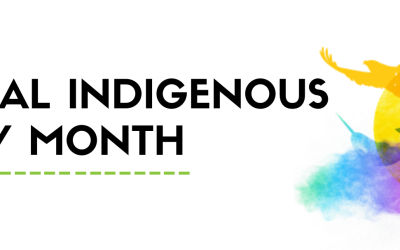In an apparent vindication of the rule of law, a Federal Court ruling has temporarily put an end to a dispute on Bearspaw First Nation, a band located in southern Alberta. The judge ordered chief and council from office pending an election within 60 days.
Problems erupted in the community when Chief David Bearspaw and his band council extended their terms from two years to four years and cancelled a scheduled 2010 band election.
There is merit to the idea of longer terms for band chiefs and councillors. Some argue it allows First Nation politicians to develop strategic vision and actually achieve meaningful change, rather than worry about constantly being forced into re-election mode. On the other hand, some contend it allows these politicians to do more damage under existing less than ideal governance structures.
The merit of the extension, however, is not at issue. It is the arbitrary nature of the change. The chief and council claim the move was endorsed in a survey which had a very low turnout and they had support of elders. However, the judge found that the chief and council manipulated tradition to their advantage.
“The evidence points to one conclusion, that the Chief and Council, with the aid of their staff, designed and executed the survey through a carefully chosen group of Elders dominated by members of the Chief’s family.”
Bearspaw is under what is known as a custom election, which means they opt out of the Indian Act provisions on band elections and adopt their own rules. The code has to be approved and in accord with basic principles of fairness and democracy. However, the Ministry of Aboriginal Affairs cannot intervene after the custom code is set down.
This is why bands who run into problems with wayward custom councils, like on Bearspaw, have only one resort in the Federal Court, which is costly and divisive.
In the past, I argued the establishment of a First Nation-led, but independent and impartial, appeals process is a better alternative to court battles.
This case demonstrates why that argument is more relevant than ever.


